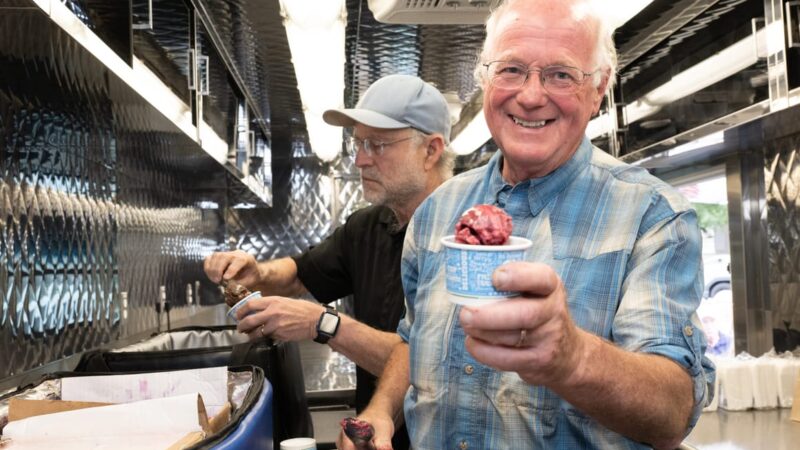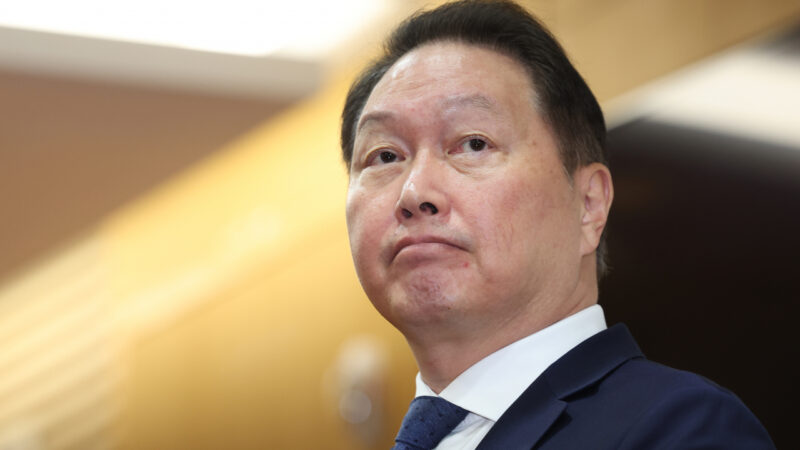TSMC delays Arizona production, impacting Biden’s plans.

“Taiwan Semiconductor (TSMC),” a major chipmaker, has faced delays in starting production at its Arizona factory in the US, posing a setback to President Biden’s technology ambitions. The company attributes the postponement to a shortage of skilled workers. This comes amidst the White House’s efforts to increase chip production in the United States. The ongoing trade dispute focused on technology between Washington and Beijing adds further complexity to the situation, leading to TSMC’s shares dropping more than 3% in Taiwan.
According to TSMC Chairman Mark Liu, the production of advanced microprocessors at the Arizona plant will now commence in 2025. The factory, which began construction in April 2021, lacks workers with the specialised expertise needed for equipment installation in a semiconductor-grade facility. The firm is taking steps to address this issue by sending experienced technicians from Taiwan to train local skilled workers in the US for a short period of time.
Additionally, TSMC has projected a 10% decline in sales this year due to reduced demand for semiconductors. Its profits have also seen a significant decrease of about 23% to 181.8 billion Taiwanese dollars ($5.8 billion; £4.5 billion) in the three months ending in June compared to the same period last year.
TSMC had initially announced its plans to build the Arizona facility in 2020 during Donald Trump’s presidency. In December of the following year, the company decided to more than triple its investment in the project to $40 billion (£31.1 billion), marking one of the largest foreign investments in US history. According to Mr. Liu, the first of TSMC’s two semiconductor production facilities at the Arizona plant was expected to be operational by 2024, with the second to be operational by 2026.
The prolonged technology dispute between the US and China has led the US to impose various measures against China’s chipmaking industry while investing billions of dollars to boost its own semiconductor sector. Currently, the US accounts for approximately 10% of the global supply of computer chips, whereas in 1990, it represented nearly 40% of global production.
Last year, President Biden signed legislation committing $280 billion to high-tech manufacturing and scientific research in the US. This investment includes tax breaks for companies establishing computer chip manufacturing plants within the country.






